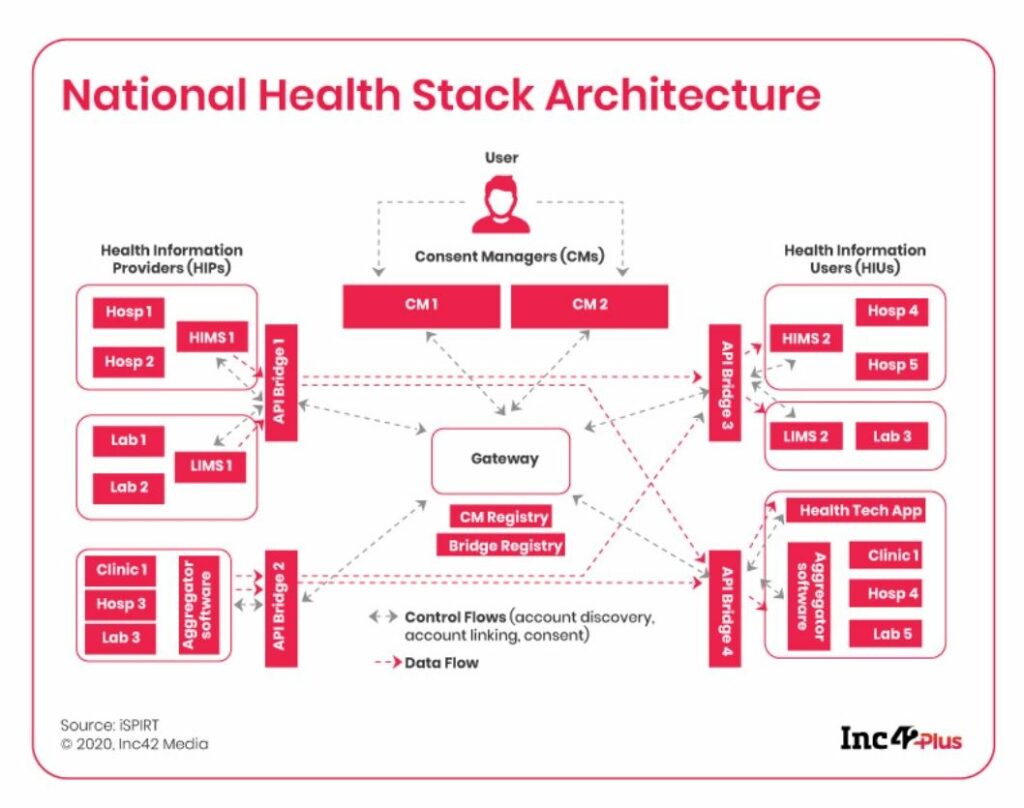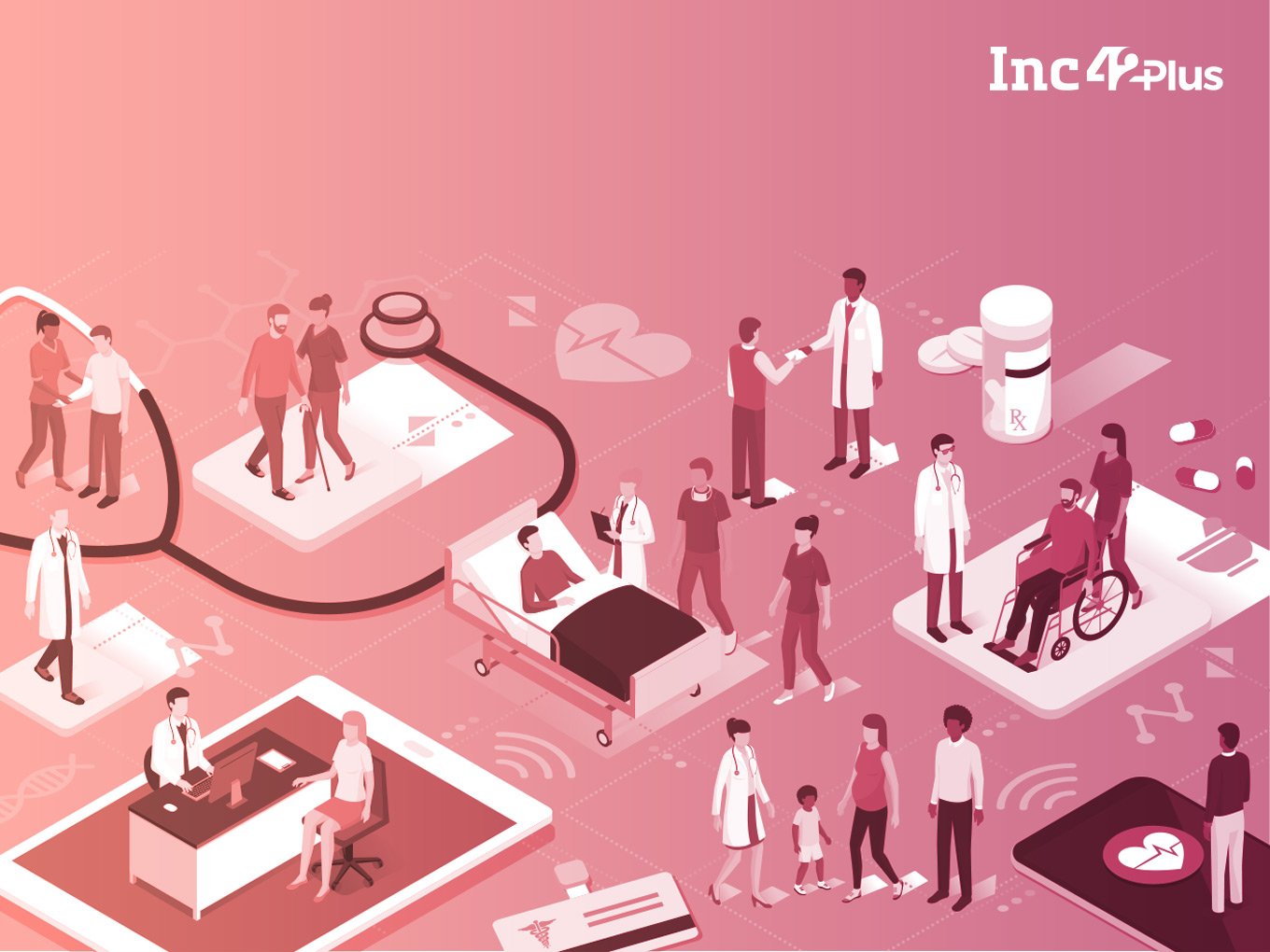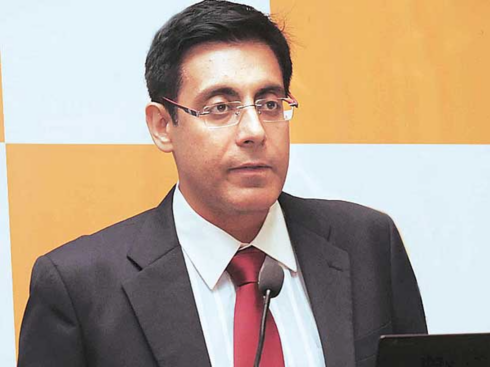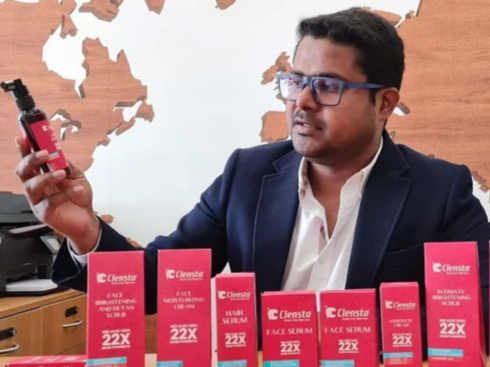SUMMARY
Part of the National Health Stack, the NDHM will bring a unique health ID for every Indian citizen — similar to Aadhaar or UPI IDS — digitised health records and registry of doctors and health facilities
The Ayushman Bharat and the National Health Authority recently announced the launch of NDHM sandbox initiative, which invites healthcare professionals, software providers, startups to develop products
While the industry experts and healthcare professionals are positive about NDHM, there is a huge concern around its security of health systems and privacy of personal health records
With the launch of National Digital Health Mission (NDHM), India took a big leap towards enhancing the crumbling and aging healthcare infrastructure and ecosystem. While digital healthcare has been a key focus in the fight against the pandemic, the NDHM creates the roadmap for the future.
Part of the National Health Stack, the NDHM will bring a unique health ID for every Indian citizen — similar to Aadhaar or UPI IDS — digitised health records and registry of doctors and health facilities. Last week, the launch of NDHM sandbox was announced, inviting healthcare providers, software providers, startups to join this in co-developing tech products for one of the largest digital health ecosystems in the world.

For healthtech startups, the big benefit will be the streamlining of data and patient records. “In the current times accessing patient’s data or medical history is a challenging task for the doctors, as many do not have the records, and sometimes people may even miss out on sharing crucial medical history, therefore having a clearer insight about a person’s health can assist medically by communicating with the doctors about the patient,” said Ayush Mishra, founder of hybrid telemedicine startup Tattvan E-Clinics.
Startups will have the added advantage of information being carried forward in the health ID, including all tests done, existing diseases, medicines prescribed and more. This will help doctors to examine patients in a better way, because it will be easy for them to analyze the medical condition of the patient faster.
Shabeer Ali, managing director of Hodo Medical Informatic Solutions, a Thiruvananthapuram-based healthtech startup which is into digitising healthcare for hospitals, stated that startups will finally have guidelines and standards to create their healthtech products. “This will be a grand move which will help the healthcare startups to become part of a grand ecosystem. So far, most small healthtech startups that collect any kind of health data are forced to develop their own electronic medical record (EMR) systems. Now, instead of that, they can simply integrate their tech into an already existing EMR system,” Ali added.
Similarly, in the pharmaceutical space, the company will be able to develop region specific products based on this data which can become a huge differentiator. For example, blood sugar levels of patients across the country are different, and depending on the diet that they follow, a small change in the percentage of dosage can have a significant impact on patients health.
Meena Ganesh. MD and CEO of Portea Medical, which is into healthcare at home, said that outside of facility based care is going to pick up in the coming months, as witnessed in the Covid-19 times, because of the comfort levels and the ability to monitor patients remotely. All these things will further accelerate the use of connected devices.
“I believe that the current environment is providing us a huge amount of tailwind to enhance the productivity of the healthcare facility,” she added, sharing that Portea is actively looking at taking part in the NDHM sandbox programme to develop products and solutions that help the authorities to develop an effective technology framework.
The Bigger Picture
Almost all the healthcare professionals and healtech founders that Inc42 spoke to seem to have a positive outlook on India’s digital healthcare mission. India has definitely drawn inspiration from numerous models including the USA, UK, Singapore, Estonia, South Korea, UAE among others.
Citing the example of Estonia and how it digitally transformed its whole healthcare ecosystem in this manner, HODO’s Ali said that the NDHM would bring in uniform standards throughout software providers, and it would create a piggy-backing effect which will be beneficial for all parties.
“As of now, all startups are reinventing the wheels, working on EMR, CMS, LIMS, which are already there. Instead, startups will start focusing on niches like diabetes management, pregnancy and integrate with existing EMR, CMS Players,” added Ali.
Rajat Garg, cofounder of myUpchar told Inc42 that India’s digital healthcare mission is quite unique compared to the rest of the world. He said that in the US healthcare system, there are a cluster of private companies or third party service providers that are issuing healthcare ID, and it is not structured, centralised and industry wise accepted the way India is planning. myUpchar is a localised digital healthcare information technology platform that provides access to healthcare across the country.
Today, India has different kinds of healthcare apps, but they can’t ‘talk’ to each other or simply put, the data resides in silos, unable to be accessed by other providers. Industry experts believe that with the NDHM standards, this will change, allowing apps to become more interdependent.
“We have been struggling to have an ecosystem when professionals from different fields can collaborate and work together to develop advanced systems. This collaboration can unfold many possibilities, specillya in the field of preventive healthcare. The use of medicines and surgery can be highly reduced. Medicine and surgery is always the last resort,” said Rishikesh Kumar, founder and CEO at Xtraliving, a Hyderabad-based healthtech startup that is into providing preventive healthcare solutions for patients.
Through this initiative, Xtraliving believes that people will be able to understand the root cause of any diseases, and the majority of them are an outcome of unhealthy habits and lifestyle.
The advantage is immense, this initiative is also said to combat the doctor-patient ratio which is one of the major issues of the healthcare system in India. As we have experienced the recent boom of telemedicine during the Covid times, this initiative might pave the way for tele-ICU in India. The concept which is futuristic, yet plausible can enhance critical healthcare access across the country.
Healthtech Startups Surfing The NDHM Wave
The NDHM brings along a huge opportunity for healthtech startups to work with providers and insurers to help build the continuum of patient centric care. There are a lot of opportunities available – from managing patient health records, to remote monitoring, teleconsultation and using AI and ensuring right interventions are made at the right time.
This is the right time for healthtech startups to get the new innovations on board in the healthcare sector and meet the unique needs of India. Through this initiative, digital health will be the only way to reach a large population at affordable costs.
Hence, this is also a unique opportunity and privilege for healthtech startups who are already working in the same direction, particularly those startups that are bridging the healthcare between rural and urban India.
Some of the startups that have been working in these areas include HODO, 4BaseCare, HealthQik, Tattvan E-Clinics, Practo, Portea Medical, Lybrate, myUpchar, Xtraliving, DocEngage, MedCords among others. With NDHM in the picture, these startups can now start to focus more on their core offering as they will get access to connect to multiple different entities who can all provide value added services.
In India, the healthcare data of patients is fragmented, and most of the models that exist are either skewed or biased and only the top-tier hospitals, clinics and diagnostic centers have access to these datasets.
For any advancement in AI or ML, it needs to have real, structured data. Structured data will eventually help caregivers and healthcare providers predict diseases before they even show up in the body.
The Question Of Data Safety In Healthcare
As healthcare data of patients is sensitive, especially where such information has stigmatising consequences as its disclosure can cause serious harm to individuals and institutions, safeguarding the information becomes crucial. The solution to this relies in generating awareness among the public on the benefits regarding maintaining the patient health record (PHR) data electronically.
“The only problem that I see is the security around data. Client’s pieces of information cannot be misused otherwise the whole system will fail. Hacking of information can be a big threat,” said Xtraliving’s Kumar.
“The benefits outweigh the disadvantages,” said HODO’s Ali, “ultimately, the patient data belongs to the patient. And the government has to ensure that the law, as well as the technology, are capable of ensuring that the patient data is safe and secure.”
Many industry experts also said that sharing of data must happen with the permission of the patient, an electronic workflow if implemented may make it very easy for the patient to share whatever relevant data they want to share. More than anything, a majority of experts emphasised on the need to implement strong patient data protection and privacy laws in India.
“In a country like India where we do not have enough data privacy laws, we will be prone to security breaches, which will in turn lead to patient data getting exposed,” said HODO’s Ali, worryingly.
To ensure smooth transition, Tattvan’s Mishra suggested that India needs to plan for two policies — security of health systems and privacy of personal health records. Further, he said that these policies should be followed by all, including government to doctors to patients, as it will help the authority to build the upcoming digital health records ecosystem and also build appropriate technical, legal and institutional knowledge.


























